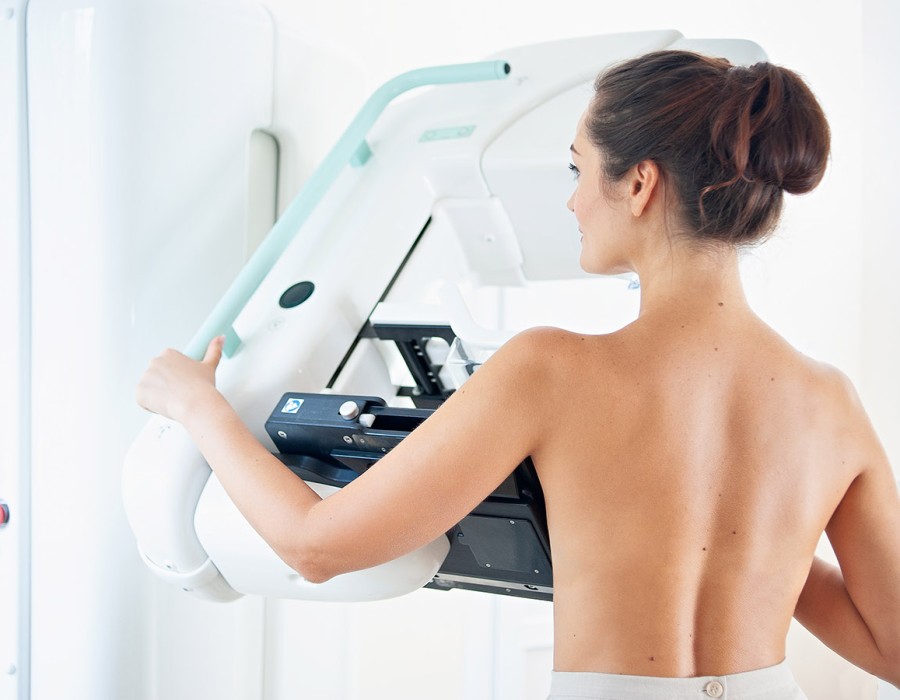Breast cancer screening is a crucial preventive measure designed to detect early signs of breast cancer before symptoms develop. Early detection through Breast Cancer Screening significantly improves treatment outcomes and survival rates. Regular screenings help identify abnormalities such as lumps or tissue changes that may indicate cancer. If you're considering a mammogram or clinical breast exam, understanding the process can ease anxiety and ensure you’re well-prepared. For those seeking advanced diagnostic care, Breast Cancer Screening in Dubai offers state-of-the-art technology and expert medical professionals.
Why Is Breast Cancer Screening Important?
Breast cancer is one of the most common cancers affecting women worldwide. Screening plays a vital role in early detection, allowing doctors to intervene before the disease progresses. Key benefits include:
- Early Detection: Identifies cancer at an initial stage when treatment is most effective.
- Higher Survival Rates: Early-stage breast cancer has a 90%+ five-year survival rate.
- Minimally Invasive Treatment Options: Early diagnosis often means less aggressive therapies.
- Peace of Mind: Regular screenings provide reassurance or prompt further testing if needed.
Types of Breast Cancer Screening Methods
Different screening techniques are used based on age, risk factors, and medical history. The most common methods include:
Mammogram (Mammography)
A mammogram is an X-ray of the breast tissue, widely regarded as the gold standard for breast cancer detection.
- How It Works: The breast is gently compressed between two plates to capture detailed images.
- Who Should Get It: Women aged 40+ (or earlier if high-risk).
- Frequency: Annually or biennially, depending on risk factors.
Breast Ultrasound
Often used alongside mammograms for dense breast tissue or further evaluation.
- How It Works: Sound waves create images of breast structures.
- Who Should Get It: Women with dense breasts or inconclusive mammogram results.
What Happens During a Breast Cancer Screening?
Understanding the screening process helps alleviate concerns. Here’s a step-by-step breakdown:
Before the Screening
- Avoid Deodorants: Some products contain metals that may interfere with imaging.
- Wear Comfortable Clothing: A two-piece outfit allows easy access to the breast area.
- Discuss Medical History: Inform your doctor about prior surgeries, implants, or family history.
During the Screening
- Mammogram Procedure: The technician positions your breast on the machine, applying slight pressure for clear images.
- Ultrasound/MRI: You’ll lie down while a transducer (ultrasound) or MRI machine captures images.
- Clinical Exam: The doctor checks for lumps, skin changes, or nipple discharge.
After the Screening
- Results Timeline: Typically available within a few days to weeks.
- Follow-Up Tests: If abnormalities are found, a biopsy or additional imaging may be recommended.
Who Should Get Screened for Breast Cancer?
Screening guidelines vary based on age and risk factors:
- Women 40-49: Discuss with a doctor about when to start mammograms.
- Women 50-74: Annual or biennial mammograms are recommended.
- High-Risk Individuals: Earlier and more frequent screenings (MRI + mammogram).
Common Questions About Breast Cancer Screening
Is Breast Cancer Screening Painful?
Mammograms involve slight discomfort due to compression, but it’s brief and tolerable.
How Accurate Are Screening Tests?
Mammograms detect about 87% of breast cancers, while MRIs are more sensitive but may yield false positives.
Can Men Get Breast Cancer Screening?
Yes, though rare, men with genetic risks or symptoms should consult a doctor.
Conclusion
Breast cancer screening is a life-saving tool that enables early detection and effective treatment. By understanding what to expect, you can approach screenings with confidence and take proactive steps toward breast health. For those seeking expert care, Breast Cancer Screening in Dubai provides cutting-edge diagnostic services with highly skilled specialists. Prioritize your health—schedule your screening today.






Comments